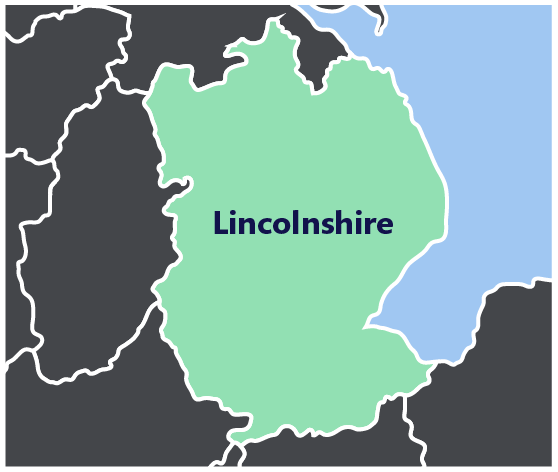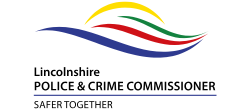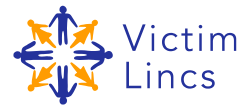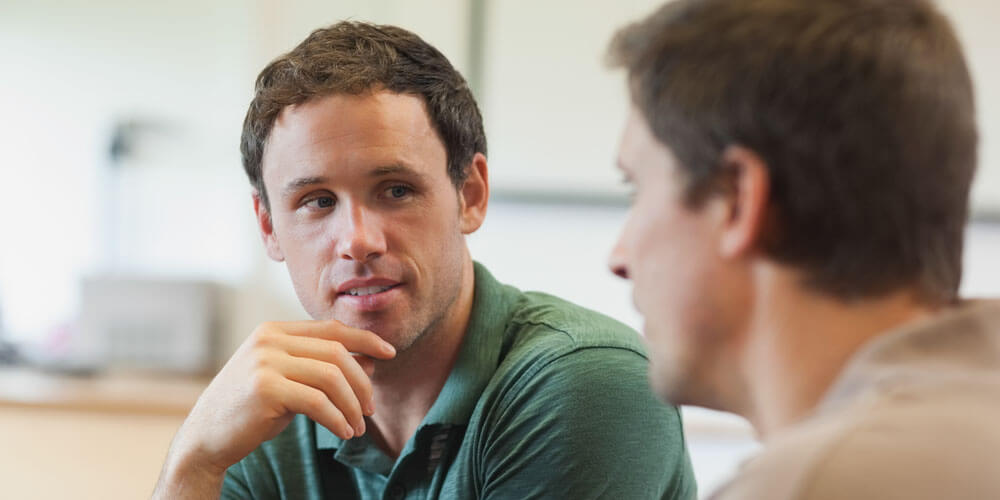Victim Support Lincolnshire
Contact us directly on 01522 542687.
We provide free and independent support to anyone impacted by crime or traumatic incidents in Lincolnshire. We are an independent charity, and you can contact us for support regardless of whether you’ve contacted the police, and no matter how long ago the crime took place. We’ll help you to overcome the impact of crime.
Social links:

Get help
If you’ve been impacted by crime in Lincolnshire, contact us on 01522 542687.






